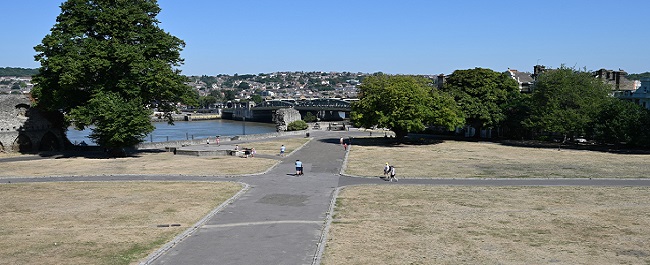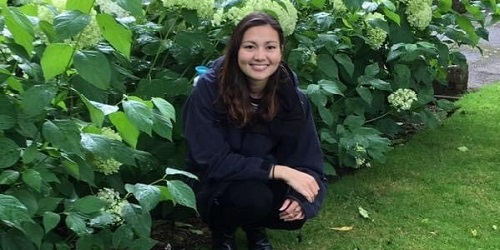UNSEEN heatwave mortality

In the UK in summer of 2022, there were around 3,000 deaths beyond the average in the 65+ age group. Assessing possible heatwave events and the resulting mortality in our current climate conditions is critical to preparing our population and the National Health Service (NHS) for health-impacting heat events.
The challenge
Extreme heat exposures have been associated with increased risk of death (of different causes), illness, reduced productivity, and increased healthcare costs. In the summer of 2022, the UK exceeded 40°C for the first time, resulting in approximately 3,000 excess deaths in the 65+ age group. These mortality numbers (deaths) depended on the weather pattern at the time, as well as on the long-term climate trend. Assessing the range of possible UK summer weather conditions, and predicting and modelling the resulting mortalities, is critical to preparing our population and the NHS for unprecedented heat-health events.
Since no study to-date has investigated this relationship between weather, climate and mortality in the UK, we will fill this knowledge gap by focusing on the 2022 heatwave.
What we're doing
Our aim is to estimate plausible heat-related mortality that could have occurred in the 2022 record-breaking UK heatwave, had the weather pattern been different.
With data from Met Office and ONS and models informed by expert opinion of the effect of heatwave on patients, we will estimate the relationship between temperature and mortality. The probability of heatwaves will be estimated from UNprecedented Simulated Extremes using Ensembles (UNSEEN). By combining the results from these models, we can estimate the plausible number of heat-related deaths in 2022.
How it helps
Our model will be able to simulate a range of possible heatwave events and consequently, will predict heat-related mortality under a variety of plausible weather and climate conditions. Our results will assist policymakers to make informed decisions on interventions and policies to prepare the public and NHS for “best case” and “worst case” scenarios.
We will also create a data visualization tool to demonstrate our results, which aims to bring awareness of the effects of heatwaves and climate change to the public.
Investigators
-
Dr Chin Yang Shapland, Population Health
-
Dr Eunice Lo, Cabot Institute for the Environment
-
Professor Dann Mitchell, Geographical Sciences
-
Professor Kate Tilling, Population Health
Related research centres
Funders
Funding for this project has kindly been provided by the University of Bristol US Foundation.
